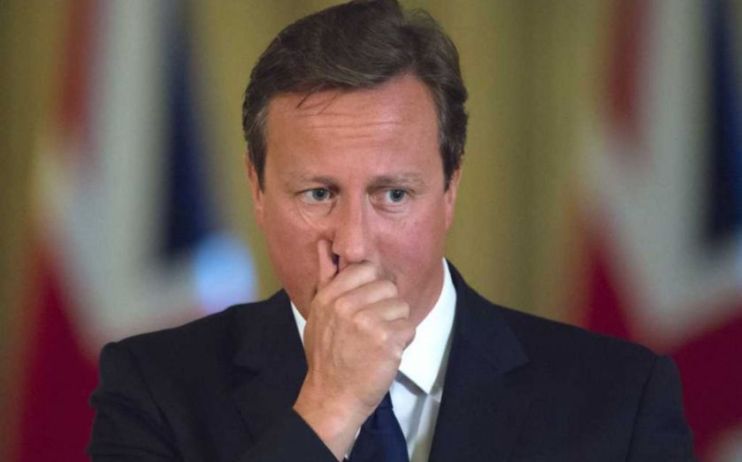Greensill: What is the David Cameron lobbying row all about?

Labour is calling for an inquiry amid reports former Prime Minister David Cameron used his contacts to lobby for support for Greensill Capital through the government’s Covid Corporate Financing Facility.
Business secretary Kwasi Kwarteng insists Cameron “did absolutely nothing wrong” in his dealings, adding that “everything was above board” with the former prime minister’s connection to the financial services company which collapsed earlier this month.
So what has happened and who does it affect?
What is the Greensill row about?
Calls have intensified in recent days for an inquiry into David Cameron’s involvement with a banker after allegations surfaced that Lex Greensill was given privileged access to Whitehall departments.
Are jobs on the line?
Greensill was the main financial backer of Liberty Steel and its collapse earlier this month has left the firm, which employs around 5,000 workers at a number of sites across the UK, facing an uncertain future.
What is David Cameron’s reported involvement?
Former Conservative Prime Minister Cameron reportedly sent a number of texts to chancellor Rishi Sunak’s private phone asking for support for the company through the government’s Covid Corporate Financing Facility (CCFF). He is also alleged to have approached the Bank of England about the firm, which collapsed into administration.
Hasn’t a watchdog looked into this?
Cameron was cleared of breaking lobbying rules by a watchdog after reportedly asking Sunak to support Greensill Capital through the government’s Covid Corporate Financing Facility (CCFF).
The Registrar of Consultant Lobbyists concluded that Mr Cameron was an employee of Greensill Capital so was not required to declare himself on the register of consultant lobbyists.
What about lobbying rules?
Labour has demanded an inquiry into the matter. The party has said that the collapse of Greensill, putting jobs in the steel industry at risk, could have been avoided had the Conservatives supported changes to the Lobbying Act in 2014.